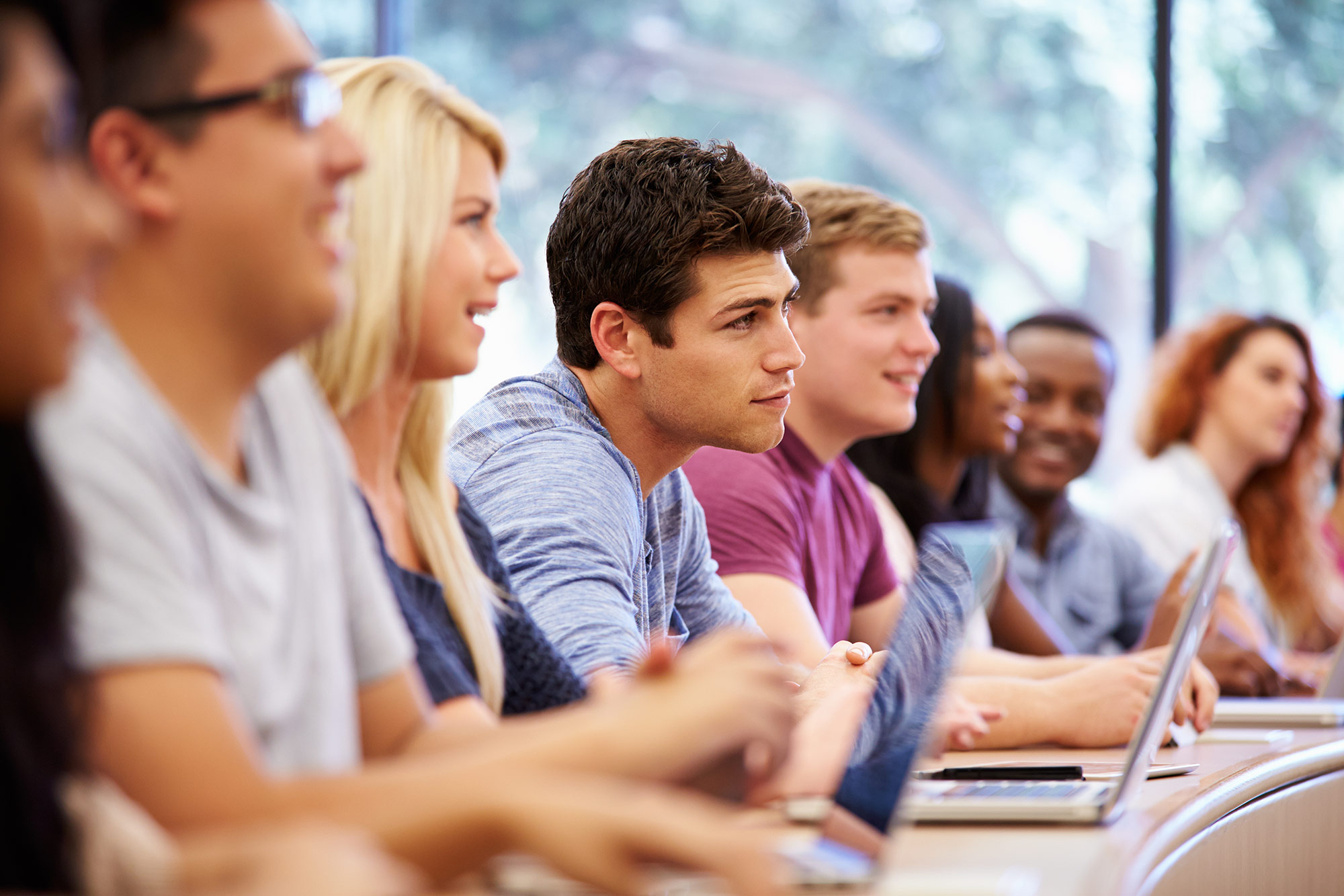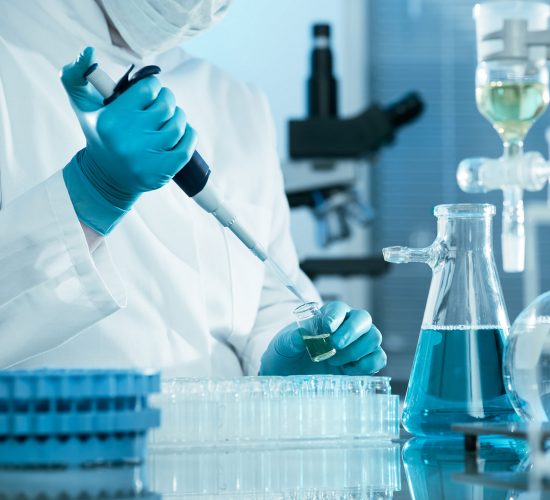After completion of this course each student would be able to:

The Applied Thermodynamics is a compulsory course and has been offered by the Department of Industrial Engineering and Management.
|
CLO |
Description |
Taxonomy Level |
PLO |
|
1 |
DESCRIBE the basic thermodynamics principles and energy analysis of different thermodynamics systems. |
C2 |
1 |
|
2 |
EXPLAIN the real-world thermodynamics related engineering problems |
C2 |
1 |
|
3 |
DESCRIBE the basic thermodynamics principles and energy analysis of different thermodynamics systems. |
C2 |
1 |
Practical/Laboratory Work
|
CLO |
Description |
Taxonomy Level |
PLO |
|
1 |
ADOPT general and specific safety guidelines during lab work. |
A3 |
6 |
|
2 |
PERFORM the different practical work related to thermodynamic processes. |
P4 |
5 |
|
3 |
CONDUCT open-ended lab work within the scope of thermodynamics. |
P4 |
12 |
|
4 |
RESPOND to different situations related to subject and must express opinion regarding a problem. |
A2 |
4 |
Course Contents:
Applications Areas, Thermodynamics systems, open and close systems, Properties, State, processes, Ideal Gas and Ideal gas equation of state, work and heat, forms of work and energy, Specific heats of an ideal gas, energy analysis of different thermodynamic systems.
Boyle’s law, Charles’s Law Avogadro’s Law Equation of State Gas constant. Dalton’s Law of Partial Pressures. Zeros, First and Second laws of Thermodynamics,
Carnot, Sterling, Erickson, Joule, Otto. Diesel, Brayton and Dual-Combustion Cycles. Reversibility of Thermodynamic processes. Introduction to I. C. Engines.
Definition of Entropy of Gases, increase of entropy principle; isentropic process; entropy as a coordinate; the Gibbs equations; the entropy change of ideal gases; entropy balance; entropy generations.
Types of Compressor (Reciprocating and Rotary compressor), classification, working of reciprocating and rotary compressor.
Processes in formation of steam; property diagrams, Rankine Cycle, Introduction to steam Generator, Applications, methods to calculate the performance of steam generator; introduction to steam turbines, flow of steams over blades, impulse and reaction turbines, losses in steam turbines. Boilers, its Types and uses, essentials of good boiler.
Gas turbines, types of gas turbines, Advantages & Use of gas turbines.
Definition, working of refrigerators, applications of refrigeration, types of refrigerant, Gas refrigeration cycles, Absorption Refrigeration Systems
Note: Labs will be based on Theory

